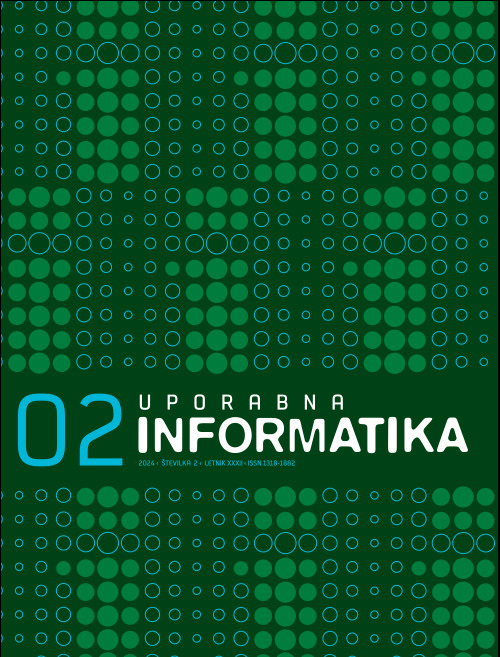Binary Vulnerabilities Due to Double Free
DOI:
https://doi.org/10.31449/upinf.233Keywords:
double free, attack, memory management, security vulnerabilitiesAbstract
In computing, effective memory management is vital for software performance and security. Poor memory management can lead to significant vulnerabilities, which attackers may exploit to execute arbitrary code or access sensitive data. One prevalent issue in memory management is the double-free error. This article explores the mechanics of a double-free attack and outlines the prerequisites for a successful exploit. We provide a detailed example of a vulnerability in a program that simulates a basic database manager, illustrating how an attacker can leverage this vulnerability to obtain administrative privileges without needing the password.






